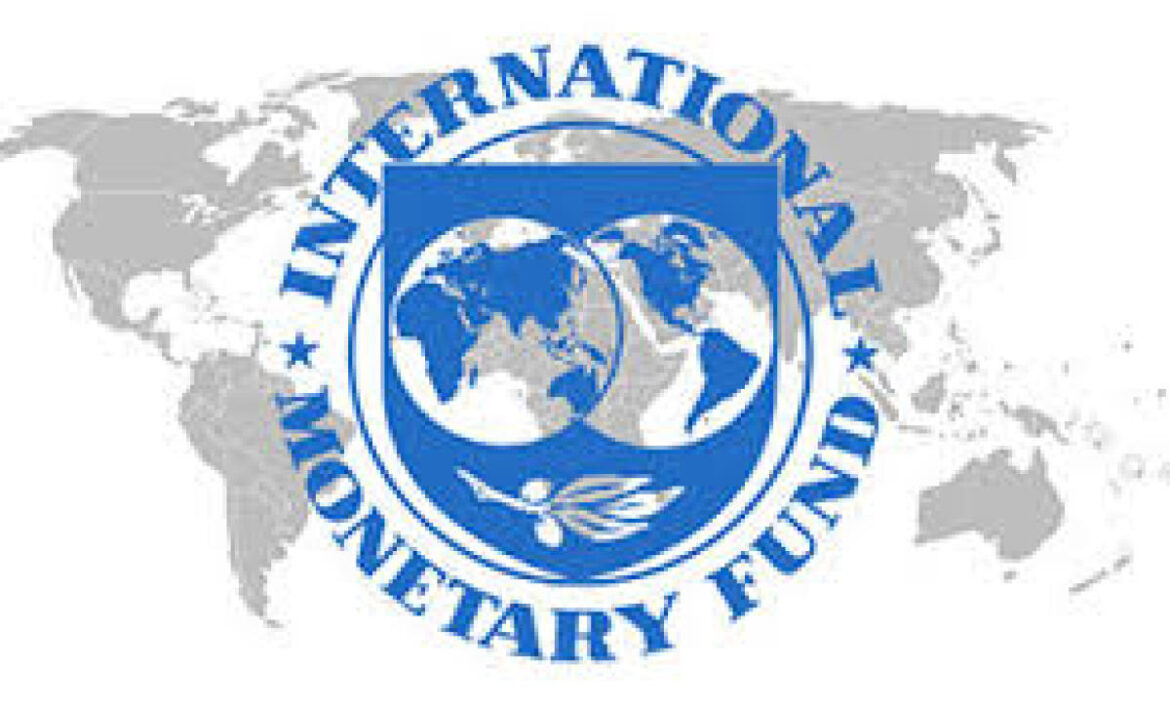By Zayamu Hassan
The World Bank Group, International Monetary Fund (IMF), World Health Organization (WHO), and World Trade Organization (WTO), have called on the G20 countries to embrace the target of at least 40 percent availability in every country by end-2021, and at least 60 percent by the first half of 2022.
They urged the G20 countries to share more vaccine doses now, including by ensuring at least one billion doses are shared with developing countries in 2021 starting immediately; provide financing, including grants and concessional financing, to close the residual gaps, including for the ACT-Accelerator.
The groups also called for the removal of all barriers to export of inputs and finished vaccines, and other barriers to supply chain operations.
The call was made in a statement issued by the IMF, at the end of the first meeting of the Task Force on COVID-19 Vaccines, Therapeutics and Diagnostics for Developing Countries.
“As many countries are struggling with new variants and a third wave of COVID-19 infections, accelerating access to vaccines becomes even more critical to ending the pandemic everywhere and achieving broad-based growth.
“We are deeply concerned about the limited vaccines, therapeutics, diagnostics, and support for deliveries available to developing countries,” the statement said.
They added that urgent action is needed now to arrest the rising human toll due to the pandemic, and to halt further divergence in the economic recovery between advanced economies and others.
“We have formed a Task Force, as a “war room” to help track, coordinate and advance delivery of COVID-19 health tools to developing countries and to mobilize relevant stakeholders and national leaders to remove critical roadblocks, in support of the priorities set out by World Bank Group, IMF, WHO, and WTO including in the joint statements of June 1 and June 3, and in the IMF staff’s $50 billion proposal.”
The leaders revealed that during the first meeting, they discussed the urgency of increasing supplies of vaccines, therapeutics, and diagnostics for developing countries.
It was stated that they also looked at practical and effective ways to track, coordinate and advance delivery of COVID-19 vaccines to developing countries.
“In addition, to enhance transparency we agreed to compile data on dose requests, by type and quantity, contracts, deliveries, including through donations, and deployments of COVID-19 vaccines to low and middle-income countries, to make it available as part of a shared country-level dashboard.
“We also agreed to take steps to address hesitancy, and to coordinate efforts to address gaps in readiness, so countries are positioned to receive, deploy and administer vaccines,” the statement further said.





1 comment
Dear sir / Madam
Greetings from APSD
Our NGO is want to be join the vaccination programme in India. Please take a appreciate action in the subject. Thank you